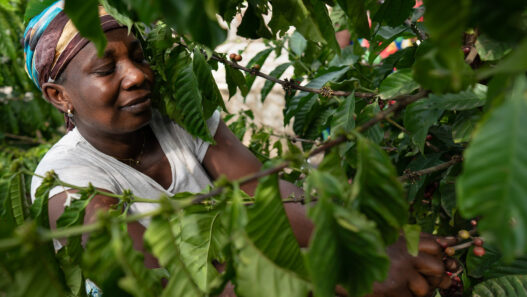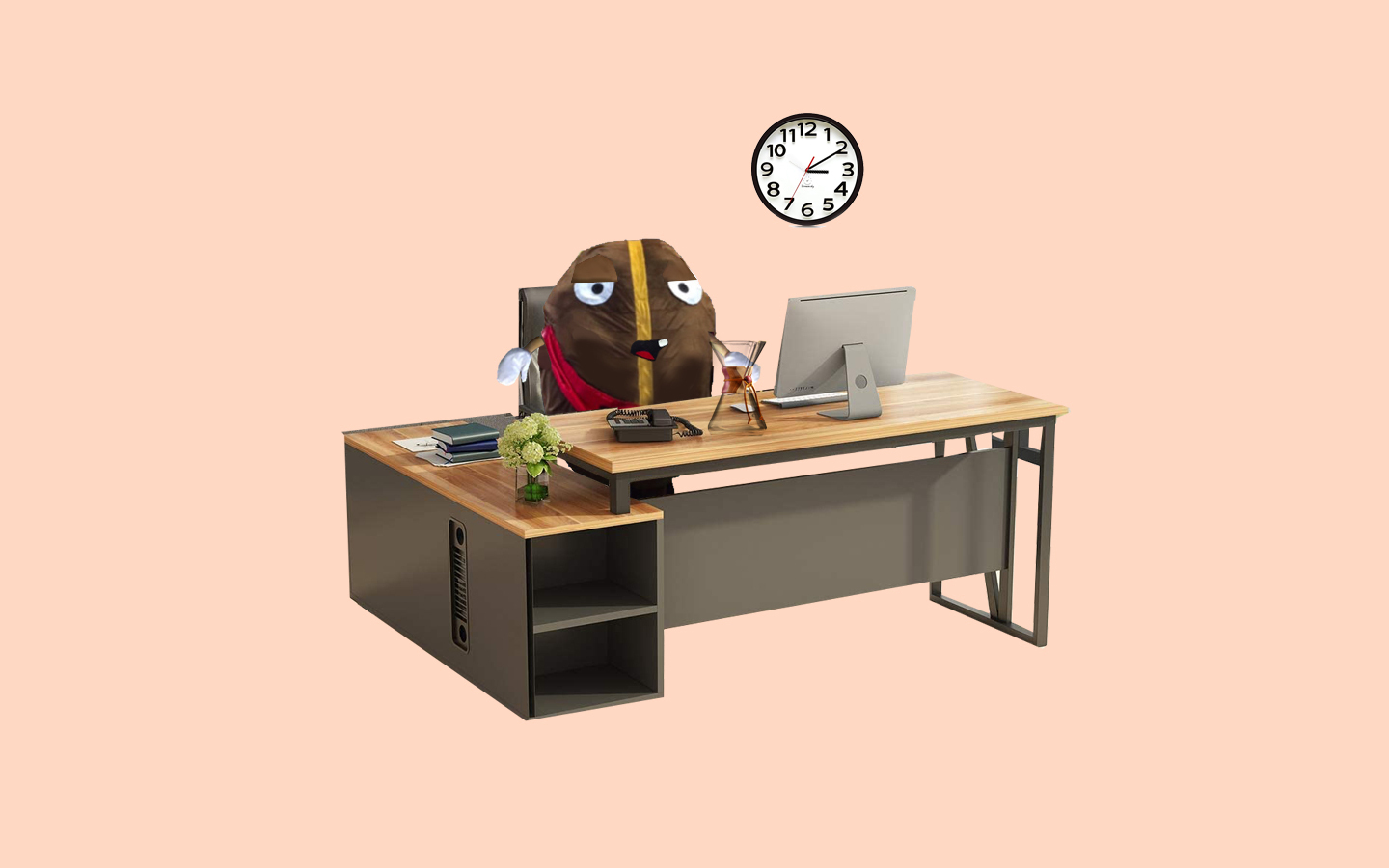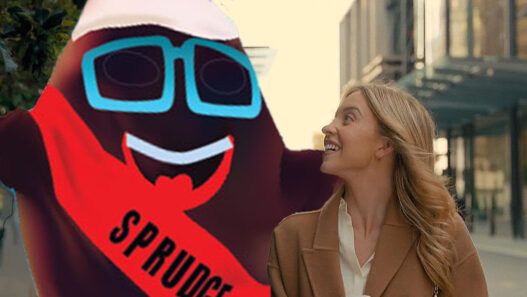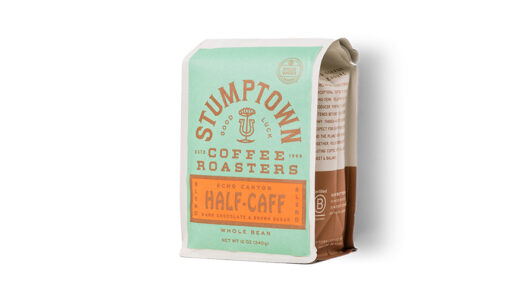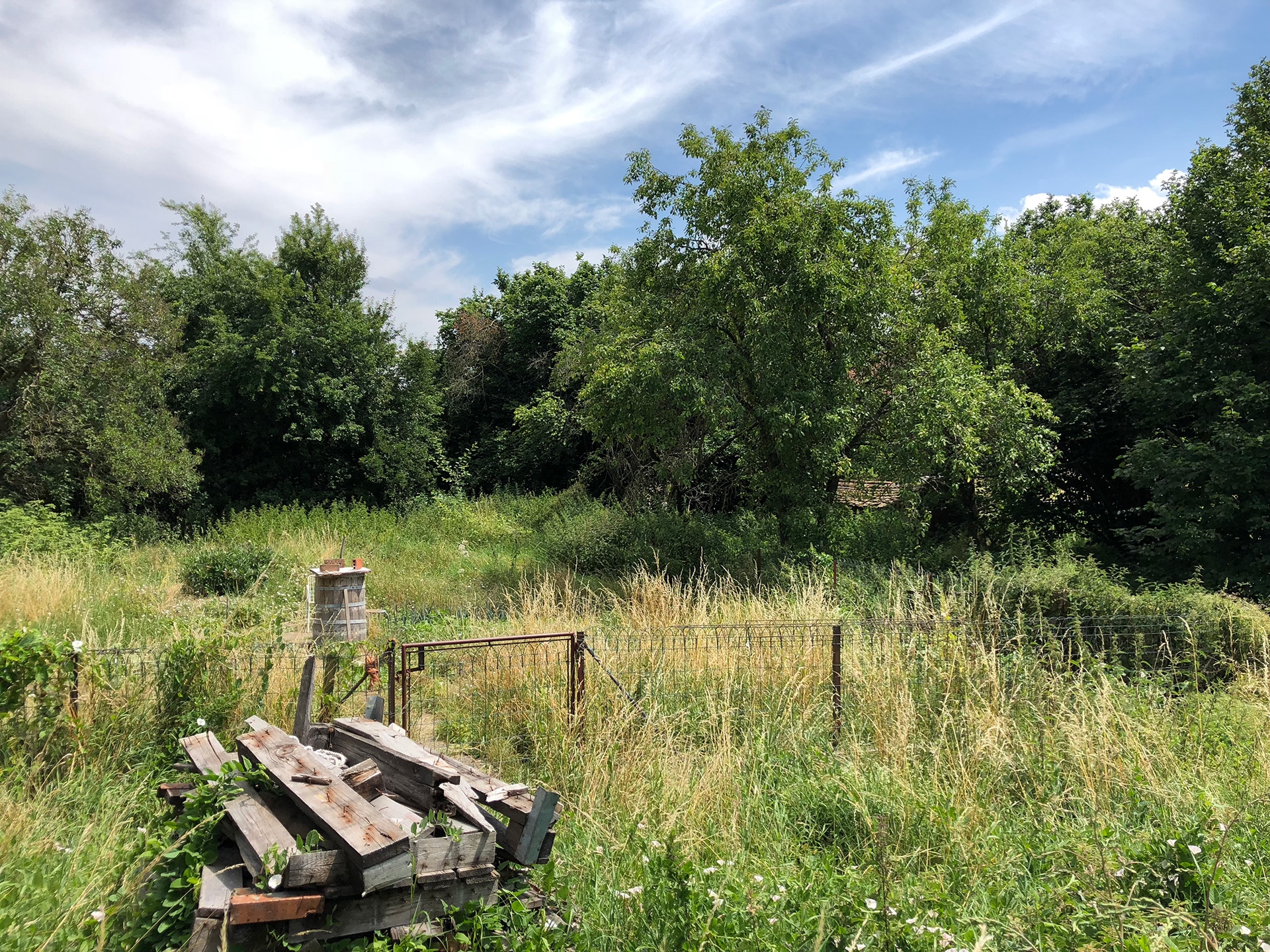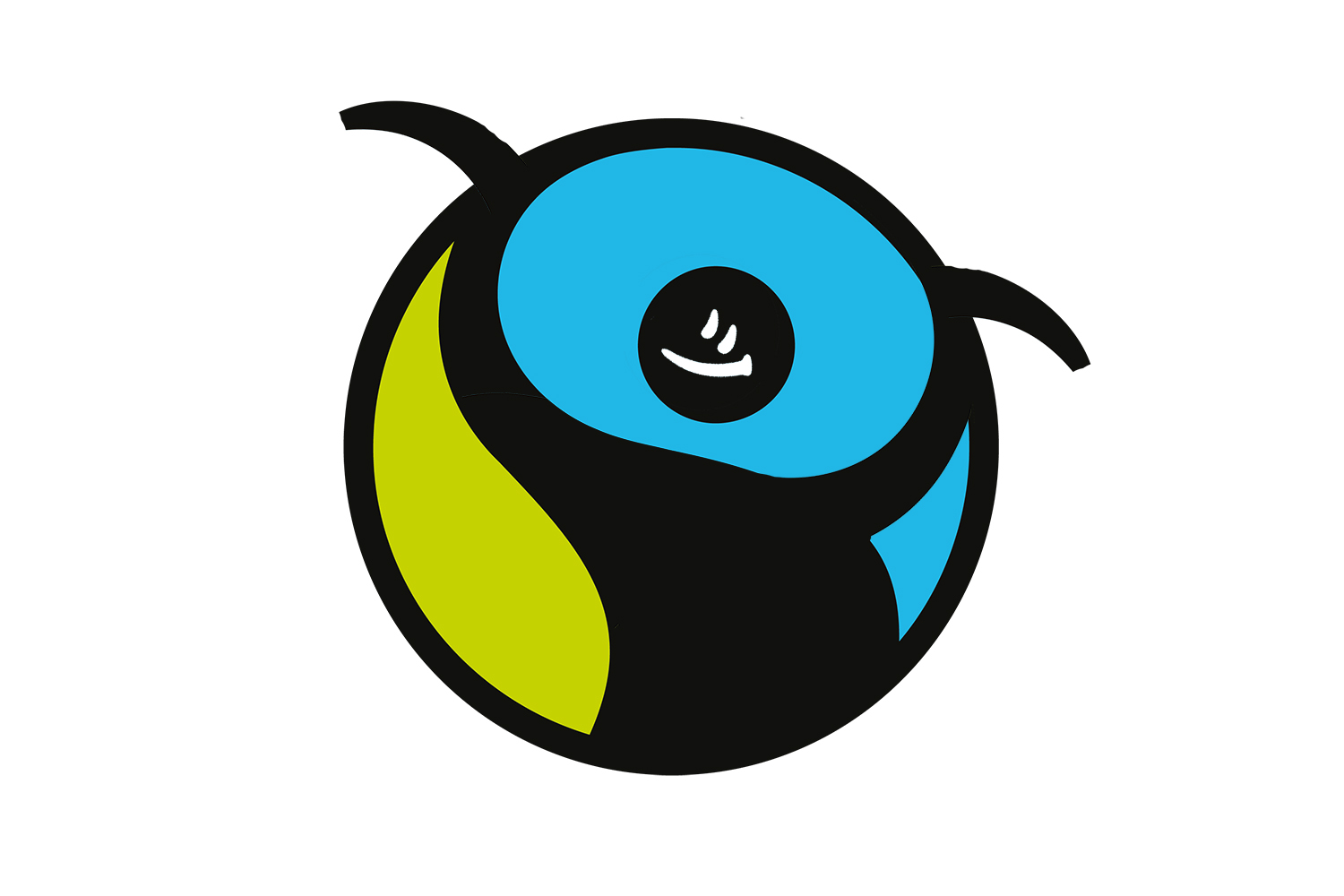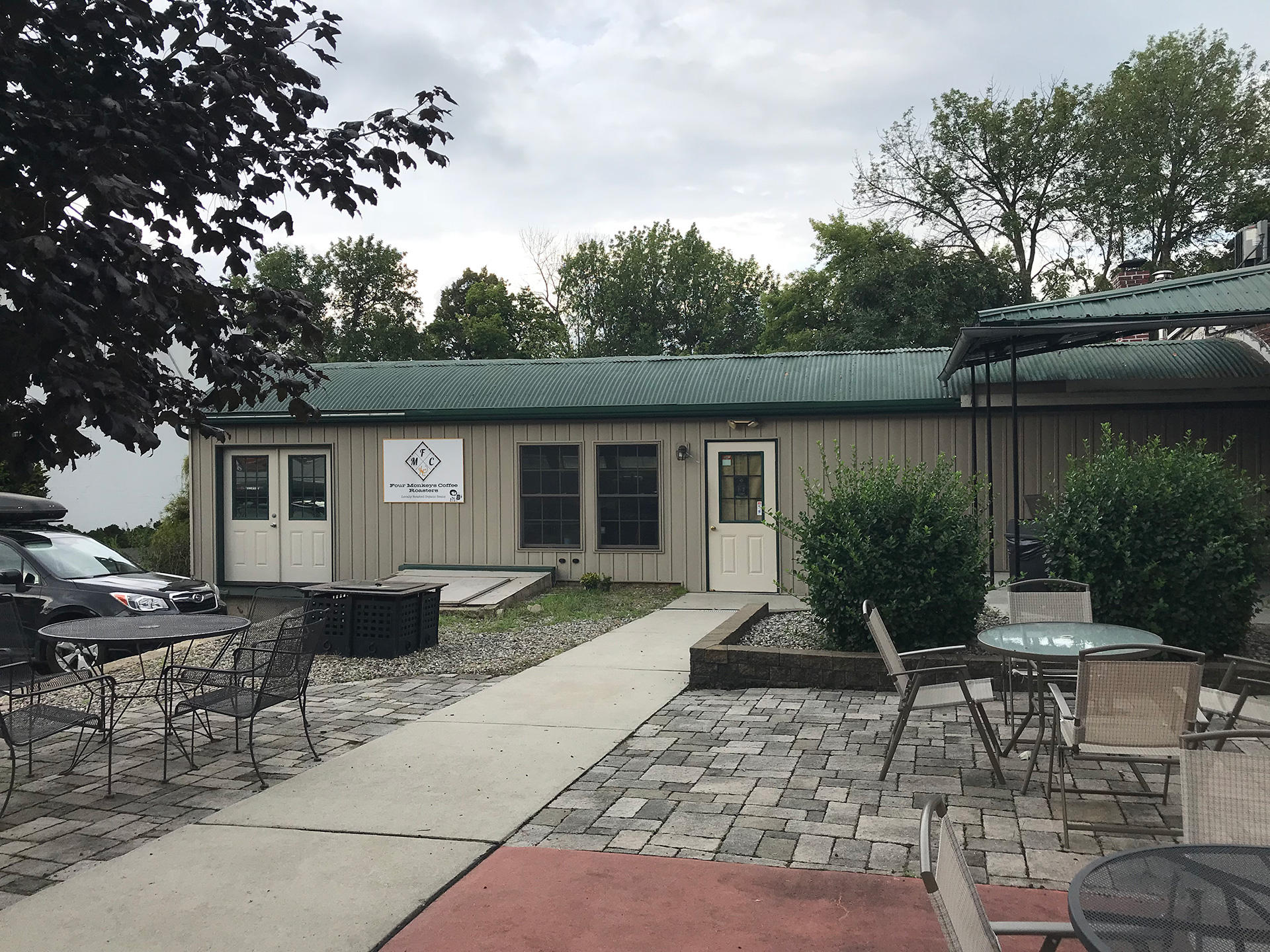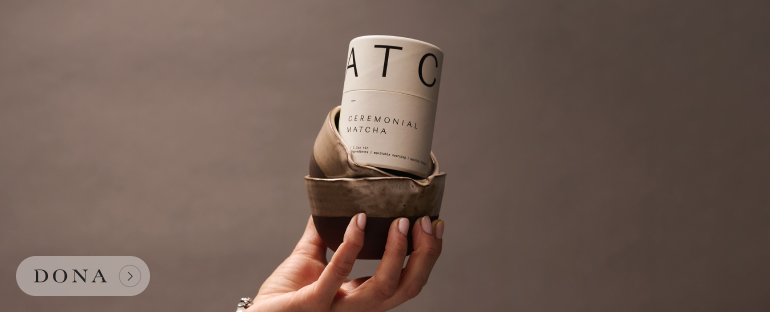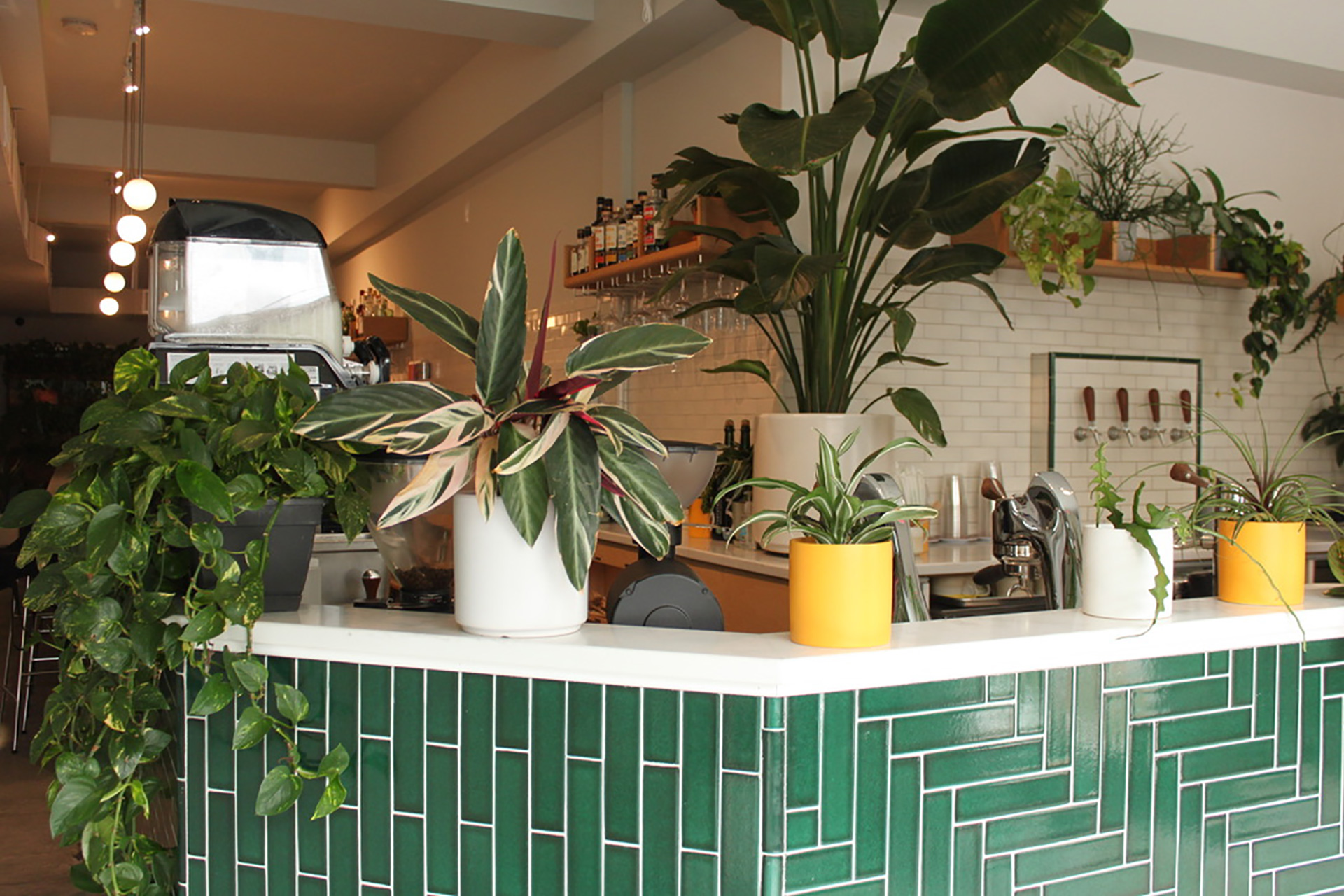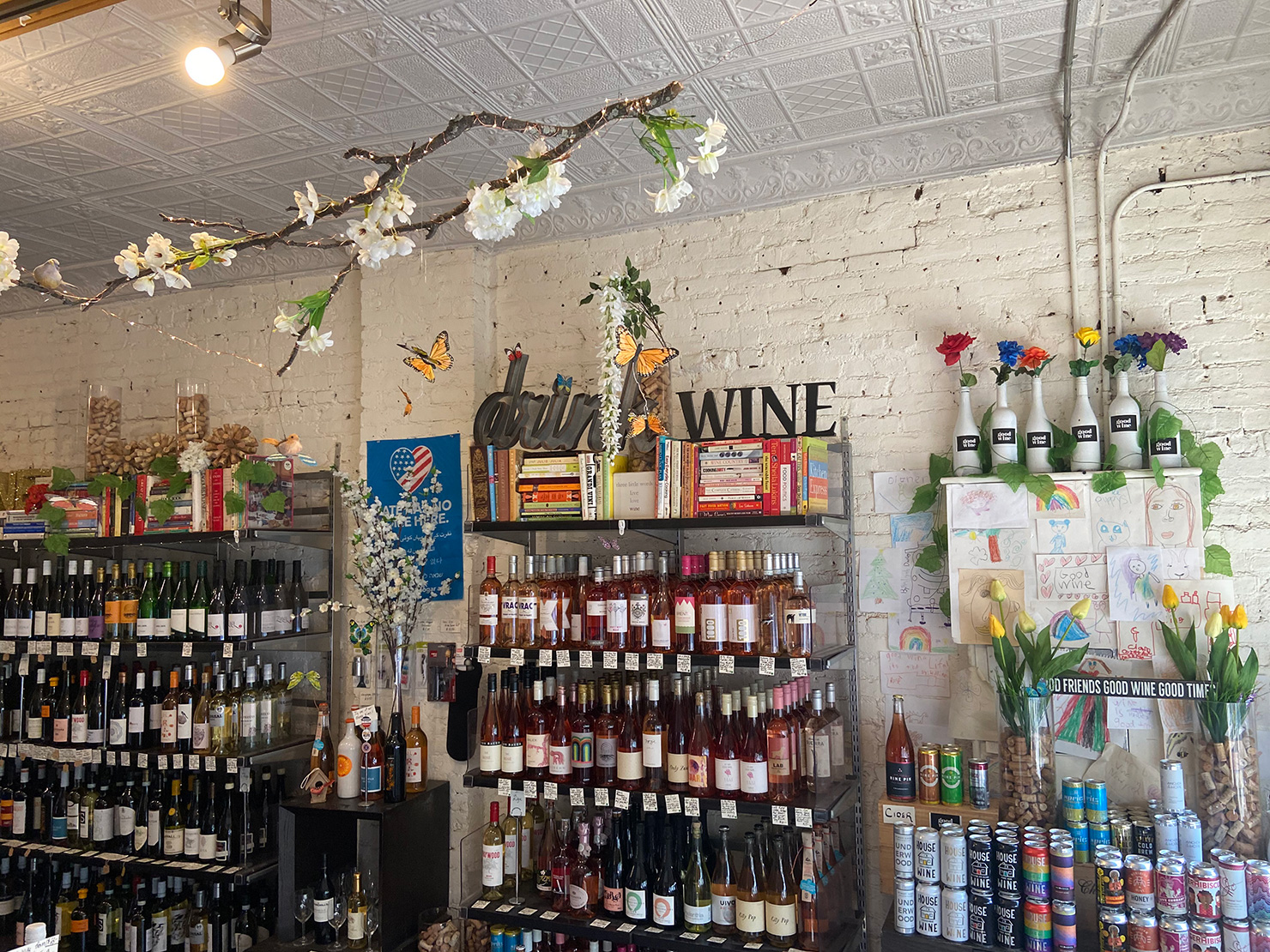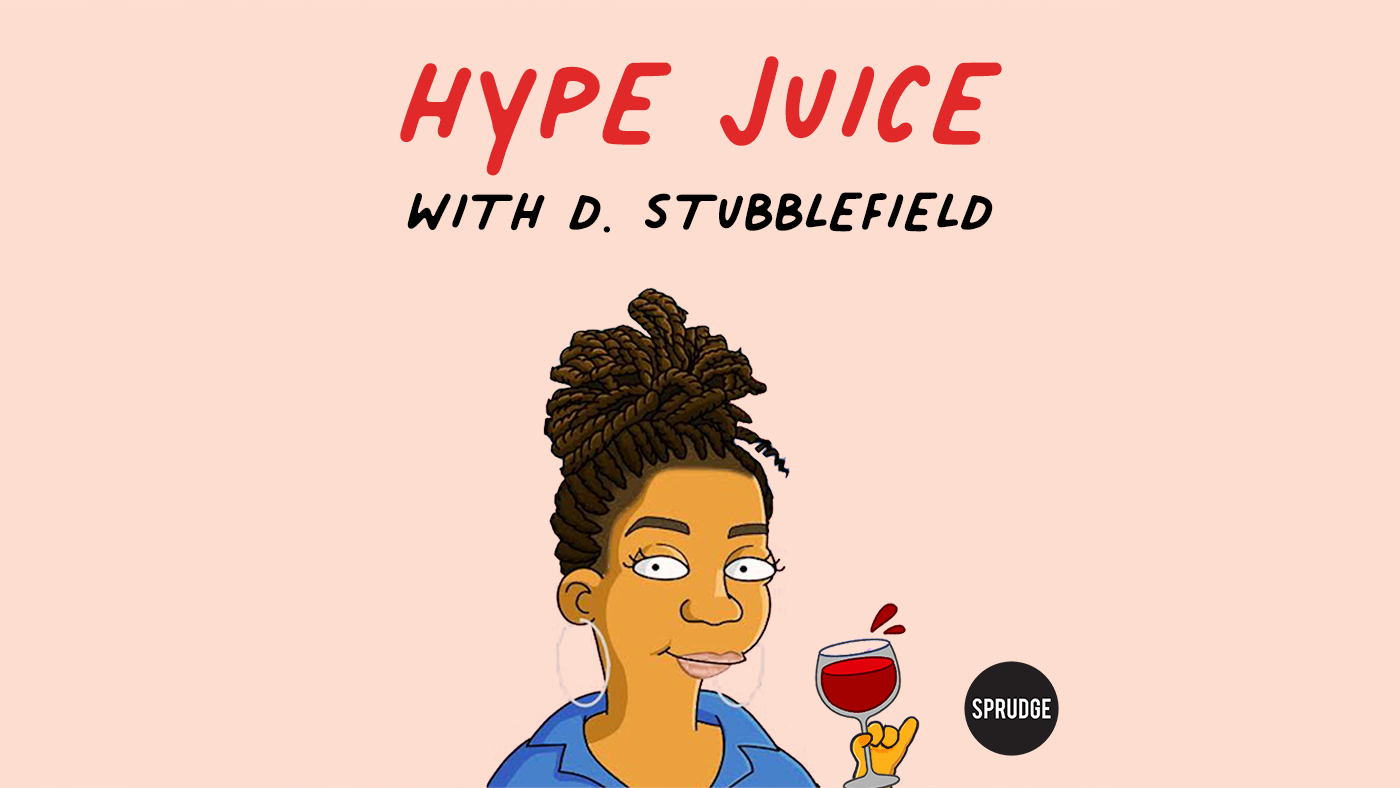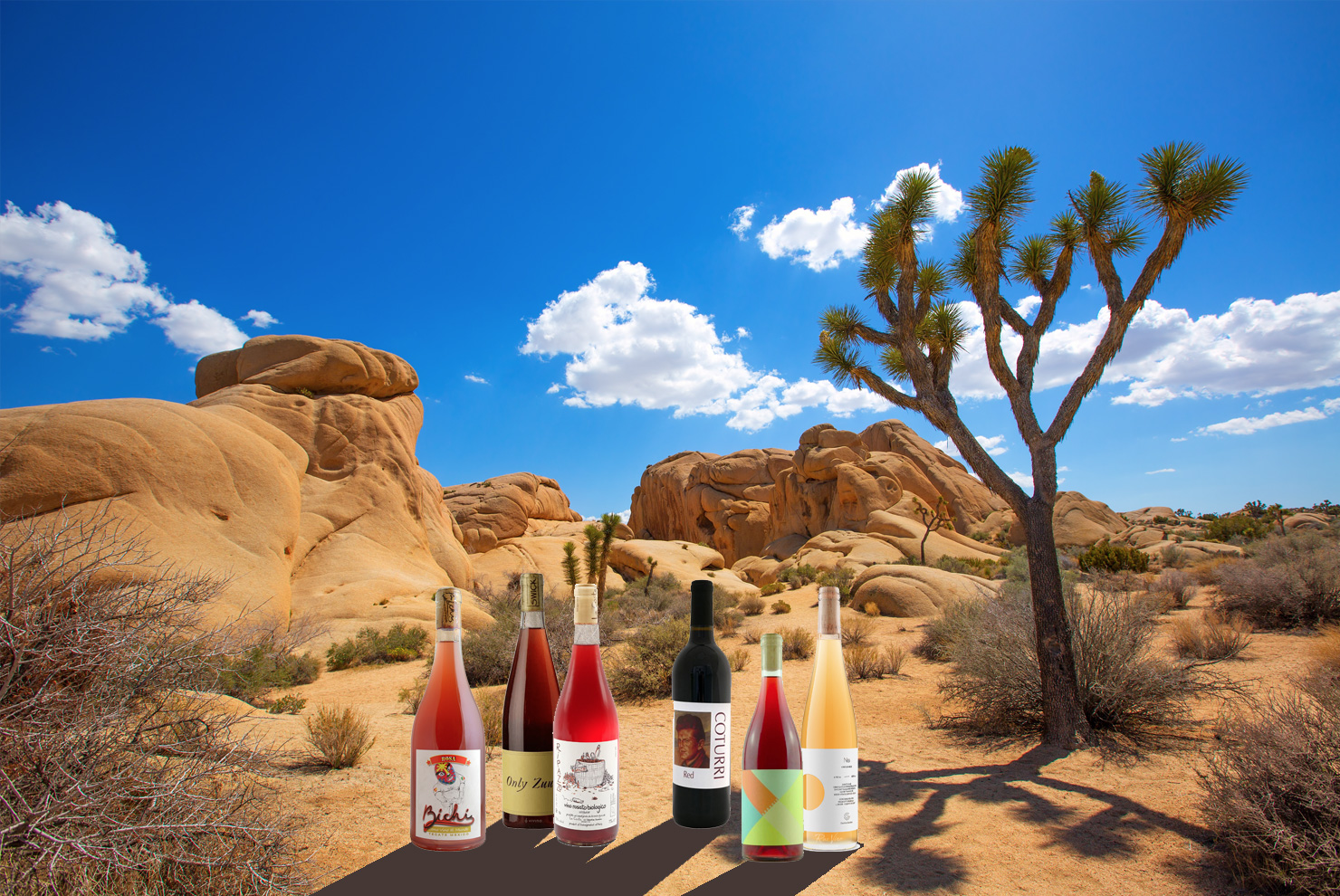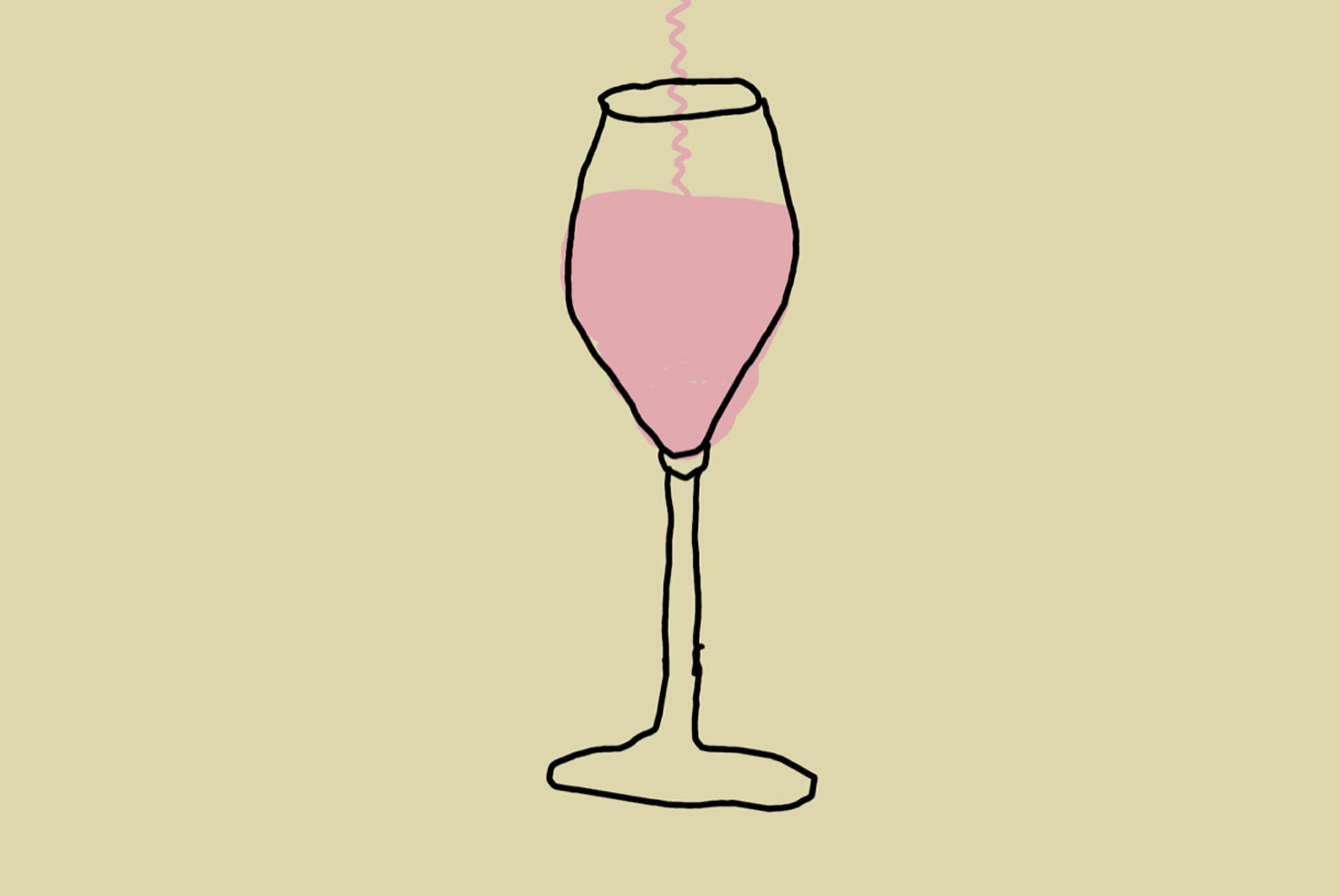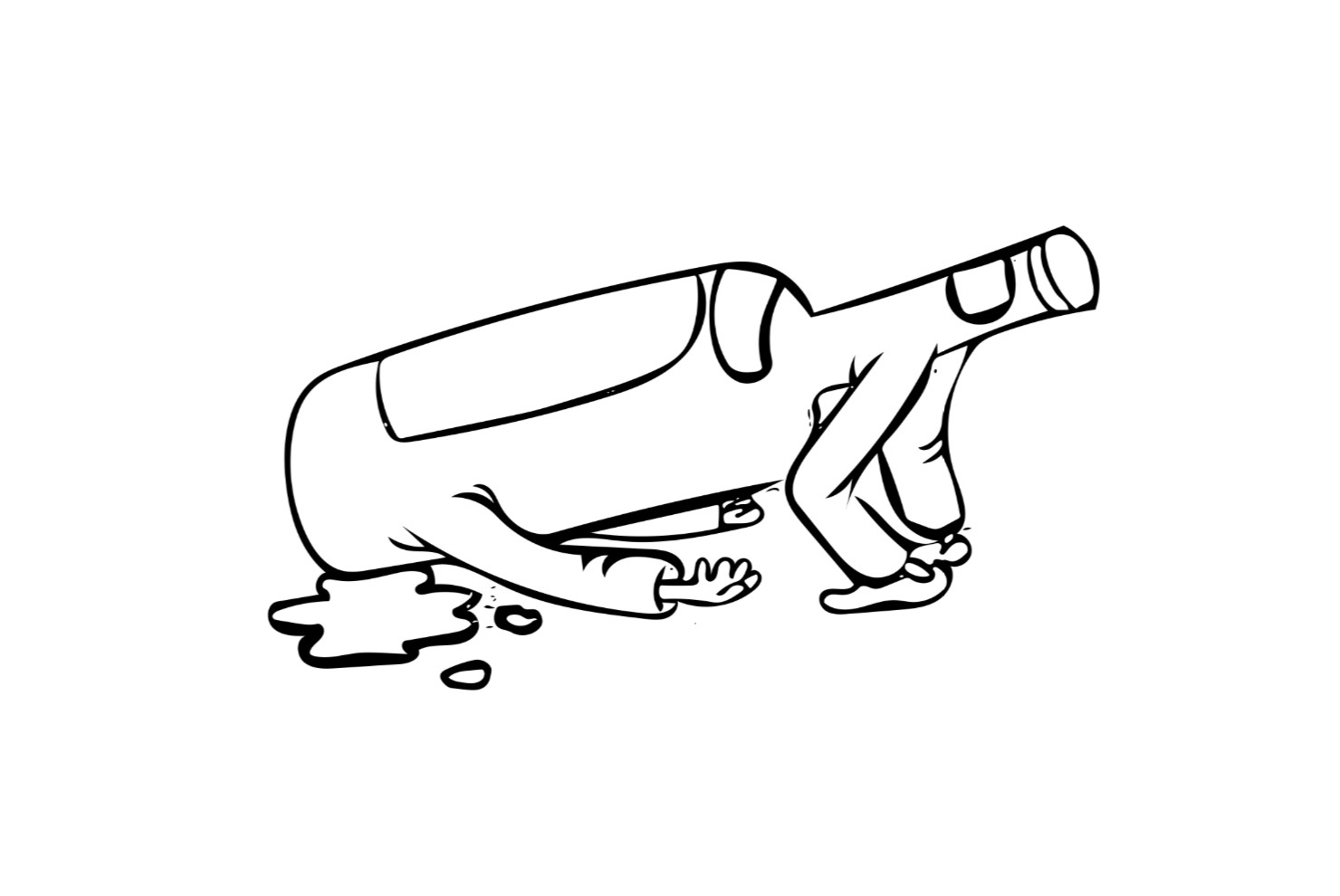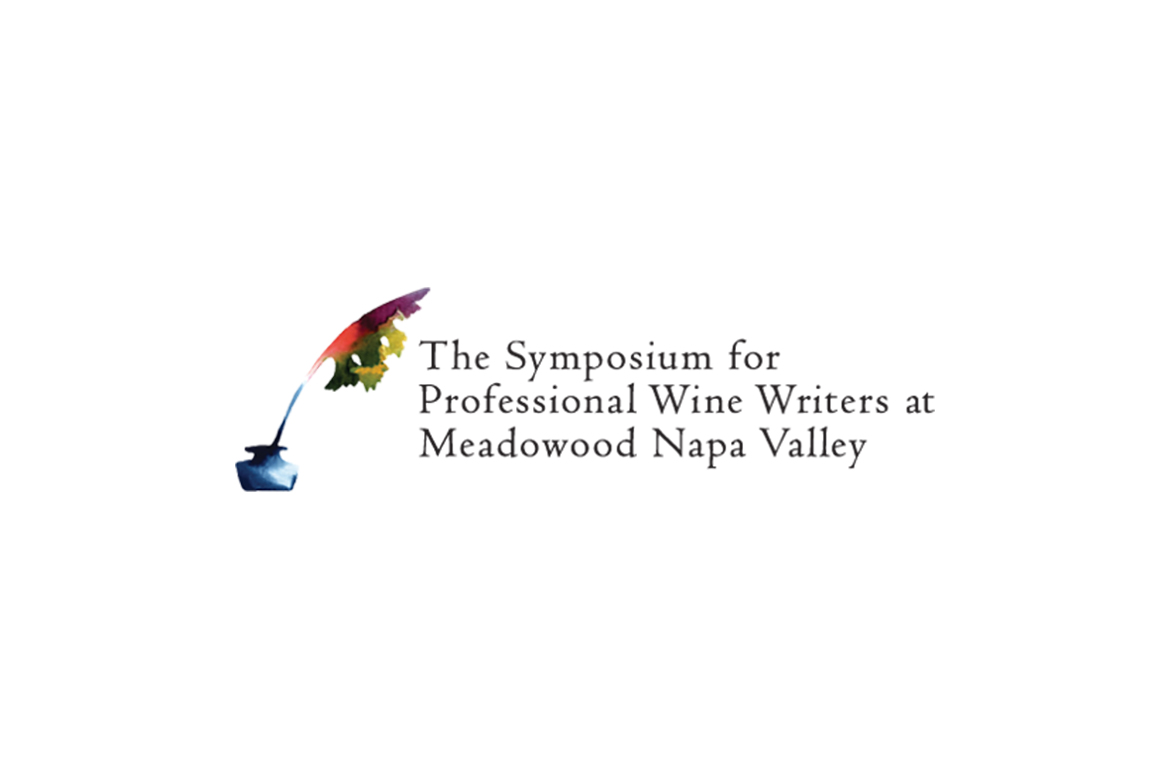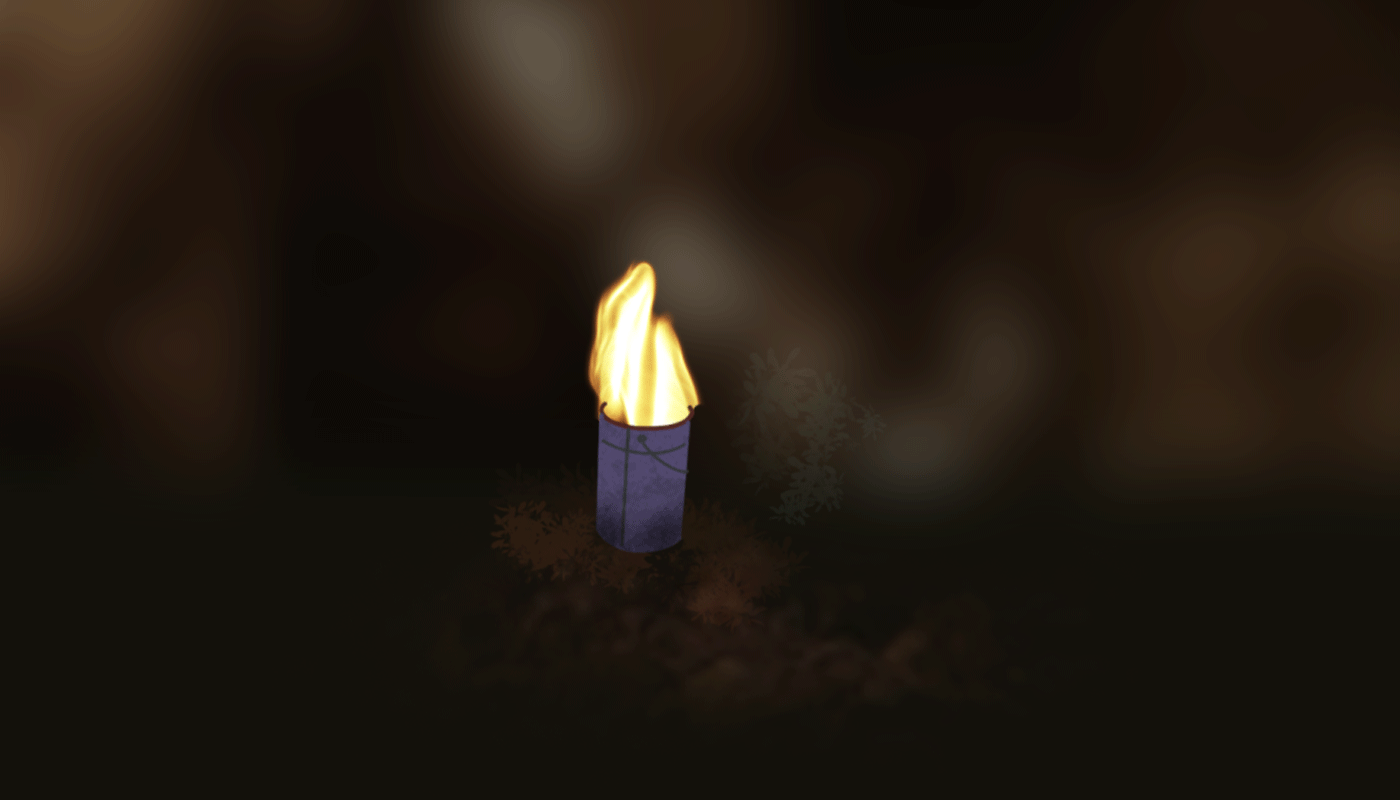Once upon a time, when I was a kid, my family would travel to that part of Switzerland where we enjoy warm fondue on a cold autumn day with a picturesque backdrop, called Gruyère, in the western part of the country. On our way there, my brother and I would try to spot the grazing cows and fantasize about which ones could have possibly produced the milk that ended up in the cheese we were about to eat.
Fast forward 25 years, as I found myself driving on the winding roads through the Canton of Fribourg, I was no longer looking for the cows. This time around, on a bright summer day, I was trying to spot trees. Not just any trees, but apple trees—very, very old apple trees. I have been told that Jacques Perritaz, the mastermind behind Cidrerie du Vulcain, has hundreds of fruit trees all over the area, some supposedly over 200 years old, and that’s where I was headed.
I live just across Lake Neuchâtel, in the Jura foothills, less than an hour away; and yet, my first experience with the Cidrerie du Vulcain was in Paris. It was a chilly autumn Sunday when, short of fondue, I settled for a drink at La Buvette on rue St-Maur and cheered with a glass of Perritaz’s cider. That first sip changed my perception of cider forever. It was so crisp and linear, as though I were drinking it with a straw. The texture and mouthfeel were like a spoonful of honey coating an oven-baked apple, yet the finish was bone-dry, inevitably inviting another sip. “Holy God,” I thought. This cider was from Switzerland? Just across from “my” lake?
“No prophet is accepted in his own country,” as they say.
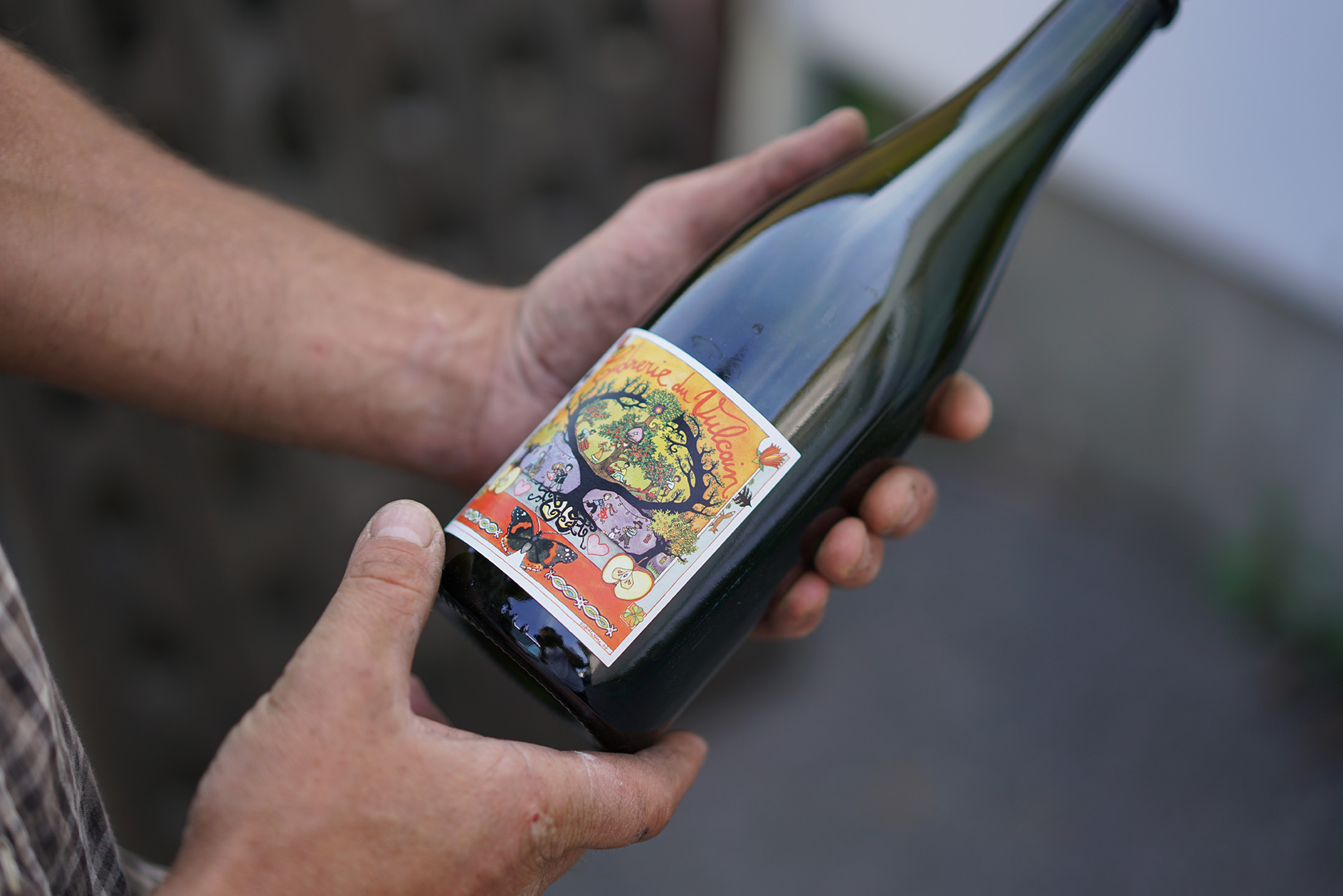
Fribourg isn’t really famous for its apples, let alone ciders—this is cheese country, after all. But after that fateful glass in Paris, I knew I had to make a visit to meet the man behind the juice, Jacques Perritaz. What would drive a former biologist, with no bottling experience of any kind, to make this his life’s work?
Cidrerie du Vulcain is located in the village of Treyvaux, and when I arrived, Perritaz was busy running around the grounds, moving heavy bright blue plastic barrels—“vinegars” he briefly mentioned—stopping from time to time to dip his forefinger in the intensely scented liquid. The first impression of Perritaz was not what I had in mind. There is often a clear connection or resemblance between a winemaker and his or her wines, not unlike how a dog resembles its master. But not so here. Perritaz’s ciders are flamboyant, linear, and sharp, with an “in your face” energy tempered by doses of elegance and refinement. Perritaz, on the other hand, is unpretentiously humble, reserved, and gentle. His look is more Bohemian farmer than Parisian hipster. Funny enough though, I soon spotted a younger guy, in his early teens, who was helping Perritaz. Neat haircut, smart look, buttoned-up spotless shirt. That young man had much more in common with the image I have of the Vulcain ciders. “Who is this guy?” I thought…
But first, Perritaz. The handshake was firm, the hello was shy, at that very moment I still wasn’t sure whether I was disturbing his day or Perritaz was just one of those humble craftsmen types, shining bright in the bottle but reserved in person. We chatted while he kept himself busy moving the vinegar barrels around, maintaining an energetic pace.

“The first years were very hard,” Perritaz told me. Selling cider was a tough call here, in a region where people drink beer and wine, and would rather eat the local pear variety, Poire a Botzi, than distill it the way their grandparents once did. But Jacques Perritaz is an ambitious man, and he believed in the potential of the local and indigenous varieties. As much as he cared for all these abandoned fruits, they were often left to rot in gardens and backyards around the village, so much so that it attracts a very specific kind of butterfly, the Red Admiral. Here in bilingual Fribourg, this creature goes by its French name, the Vulcain. It’s one of the last to hatch, around October, and it’s attracted to the rotten, fermenting apples, hanging around and literally getting high on alcohol vapors. “I thought it’d be fun to take this as our symbol!” Perritaz told me with a grin.
He spent years fine-tuning his craft and recipes until 2012, when a series of encounters have changed his life forever. A wine merchant in Neuchâtel—yeah, that town across the lake!—fell in love with the Vulcain and introduced Perritaz to Antoine Sanzay, the Loire-based winemaker, who then invited him to pour his ciders at La Dive, arguably the most significant natural wine fair in all of Europe. That cold weekend in February 2013 felt like a grand debut of the black-winged butterfly with striking orange bands. From there it didn’t take long for bottles of Cidrerie Du Vulcain to spread across the planet (aided by the influential distribution reach of Becky Wasserman & Co.), from New York to Paris to Tokyo, from dive bars to chic bottle shops to Michelin star restaurants.
I had been following Perritaz for about an hour, and was impressed by the patience, gentleness, and delicate tone he used with his “help-for-the-day”—the boy who looked like a future denizen of Canal Sanit-Martin. “Narcisse! My sonny, he’s 14.” His son? Now that’s interesting. This young boy that made me think so much of Perritaz’s craft turned out to be… his own flesh and blood. Perhaps there’s something illustrative there: Jacques Perritaz might not look like his ciders, but clearly was capable of creating them—should fate and fortune allow.
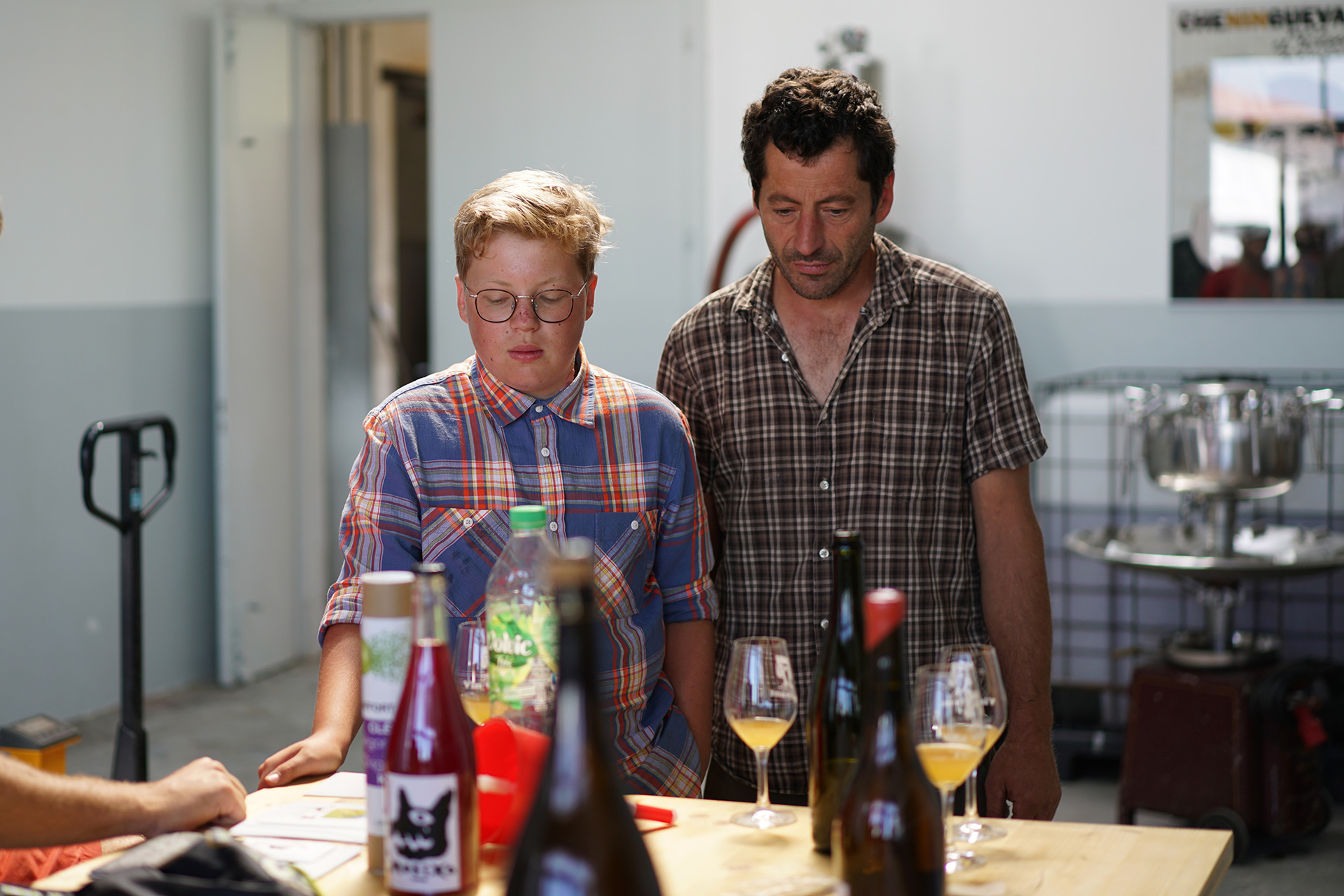
The weather in 2017, a scourge for so many winemakers across Europe, was absolutely brutal for the fruit trues of Fribourg, and Perritaz ended up losing about 90% of his apple crop. “I desperately needed the fruit!” he told me, stressing it wasn’t so much about meeting the demand, but rather, a matter of paying the rent. “I went all over the place,” he went on, “and ended up buying a lot of apples in France, both in Normandie and near Paris.” Back in the tasting room, he proudly held the result, a bottle of 2017 Brute Bestiale, an unfiltered, rough, and appropriately beastly cider made like a pet-nat that Perritaz will disgorge before putting on the market.
That 2017 surely tasted bitter and slightly earthy, as if the year’s harshness could be felt in the bottle, “Hey, it ain’t a nun’s drink!” Perritaz told me, as he poured his son a glass. Narcisse is not expected to drink it all, he explained, but the young man must learn to taste. On to Belle Brutale, another 2017 bottling made with French apples in the “pet-nat” style, albeit extra brut, tasting altogether rounder than its beastie cousin, with a kiss of sweetness in the glass. This year’s Trois Pépins—perhaps the cidrerie’s most famous cuvée—is also sweeter than usual, a blend of apple, pear, and quince born out of three undrinkable lots first combined in 2009. Rounding out the tasting, his Poiré bottling from 2017 is still “a little youngish,” and will need more time in the bottle to show all its full potential. In its youth, this all-pear beverage displays a playful aroma of the weed and nettle—not entirely unpleasant, but I’m happy to trust the expert and look forward to tasting this again a few years down the road.
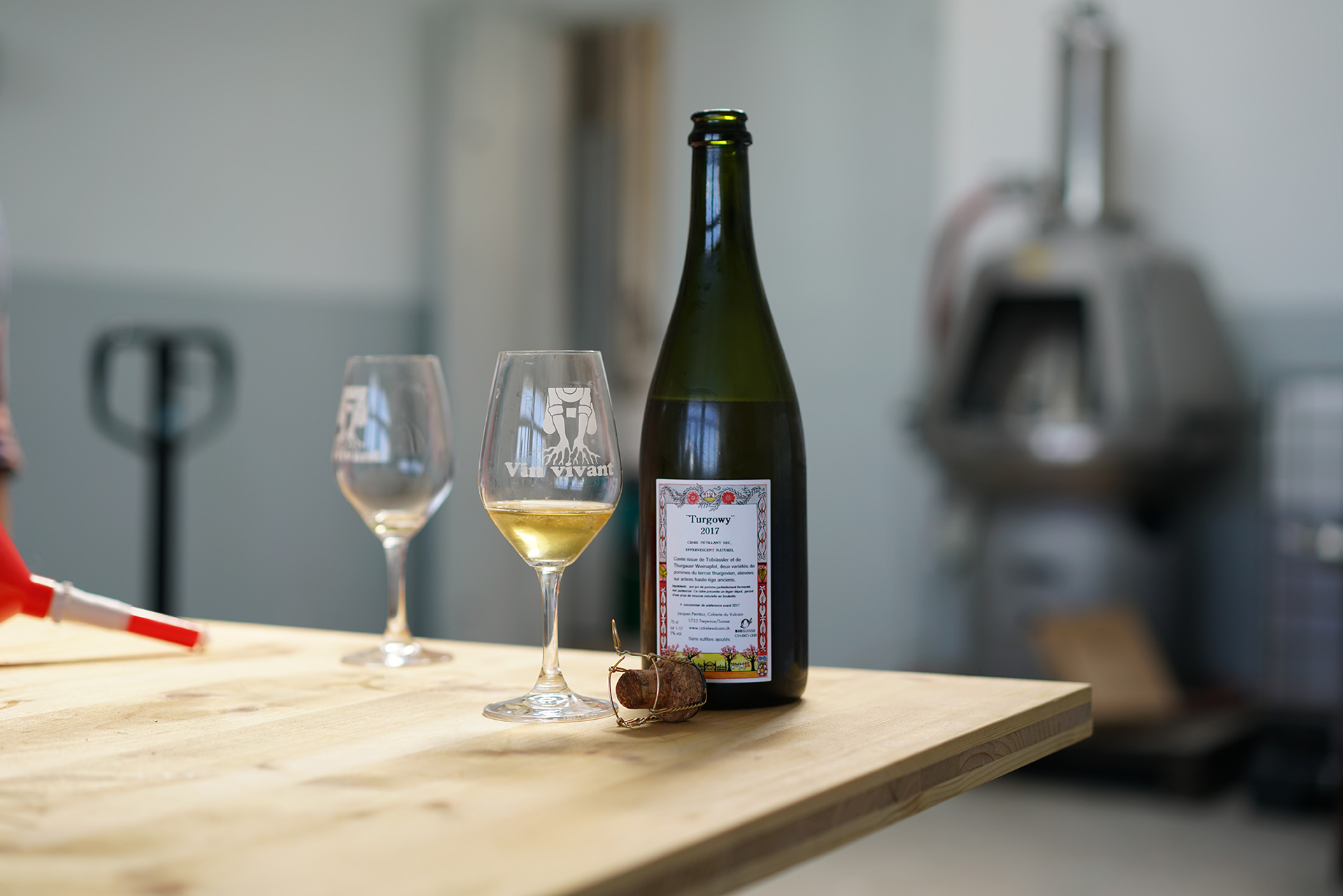
As the tasting went on we were joined by Jean-Marc Dedeyne, a friend of Perritaz’s who has partnered with him to set up a small wine shop in the tasting room (pictured above). He brought along a most welcome assortment of Vacherin Fribourgeois—the local cheese—along with good crusty bread and silky pâté. We devoured it all in less time than it took to put on the table. Food surely helped when Perritaz opened the Botsy de Glace, an “ice” cider made with frozen fruits to concentrate the juices.

We’d been tasting for a while, and there was this question hanging there in my head… something I couldn’t quite grasp while trying to connect the dots. As much as Perritaz’s son made me think of his ciders, I still desired to connect Perritaz to his work in a clearer way.
And so, without thinking twice, I asked a rather personal question: “Do you think your personality shows in this work?” I rather expected him to blush and simply answer, “It’s not for me to say…”—but instead, the typically reserved Perritaz perked up and proceeded to explain quite eloquently how really, for him, his work was an expression of the raw materials from which he drew. The fruit simply enthralls itself. He went on, highlighting how loyal he always was to his fruits and how far he’d agree to go before feeling he might have embarked on an edgy road. “Technical knowledge is great, sure,” he told me, “but you have to try, taste, and listen to that taste. Only the taste can dictate your choices!” Year after year, he’s tried to intervene less and less and focus more on the selection of his fruits. When he first started, he was eager to do it all, but then he soon he realized he was working against himself. The key is in the fruit, not what I’m going to do with it!” In the end, for Jacques Perritaz, it’s all about trusting your raw material to guide you in your choices. His conclusion was fittingly poetic: “I might only master about 85% of what’s going on, but truth is, I trust my fruit 100%.”
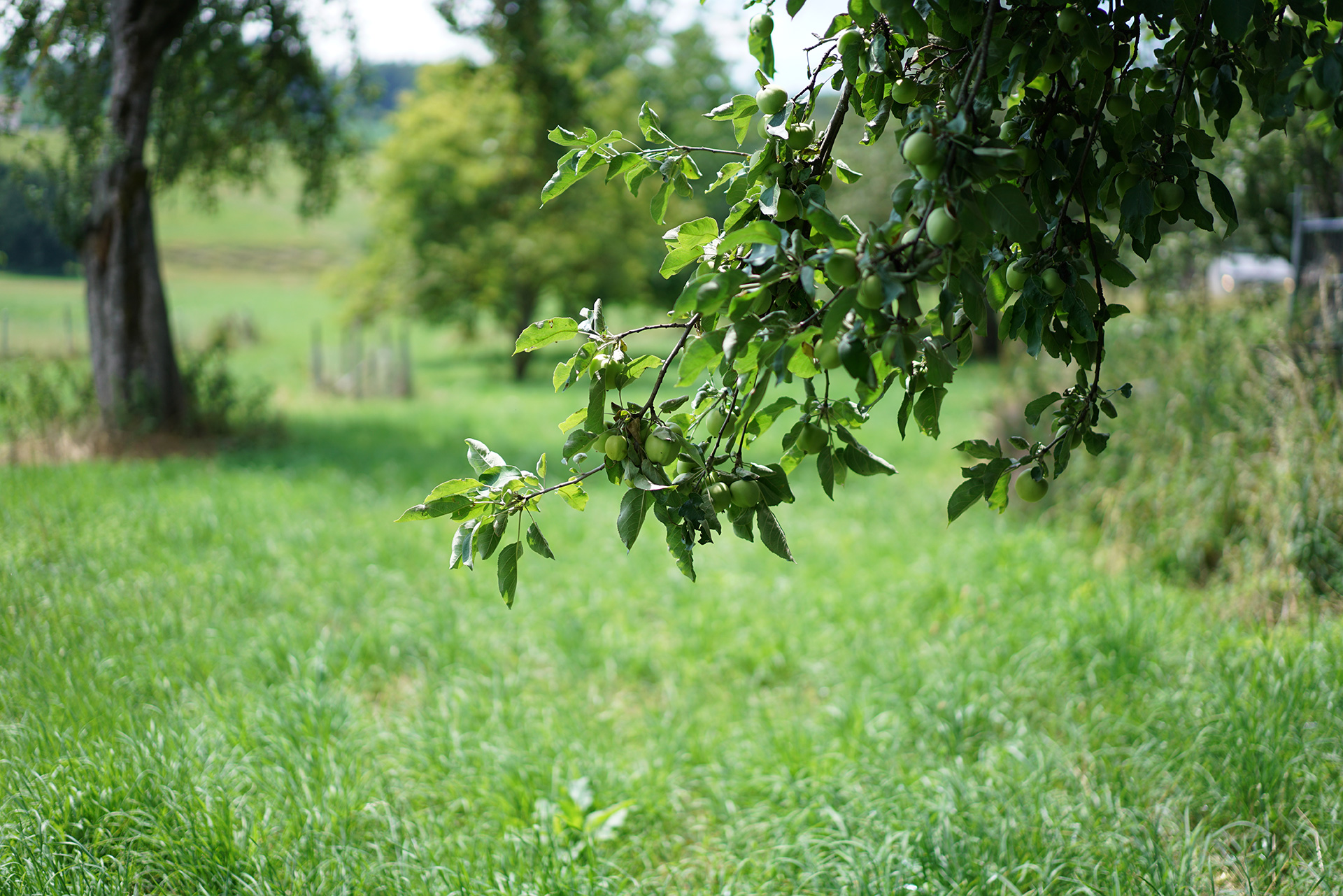
As I started my drive back home around the lake, I found these directions ringing in my ears, and so I stopped for a short walk in one of his orchards, looking for that last piece of the puzzle. There amongst the fruit trees my thoughts became clearer. I had never been in this particular field before, but somehow it all felt incredibly familiar, like something I’d spent years searching for. It wasn’t trees I could see, it wasn’t fruits I could smell, it wasn’t the beauty of the nature I could feel—that harmonious chaos, that charming feel, that welcoming atmosphere, that distinct character… this orchard itself, it all came back to Perritaz. The careful decision maker, the considered minimal interventionist, softly and humbly plying his trade from fruit trees older than us all, pushing his vinegar barrels around the yard and treating his son as gently and lovingly as an apple, guiding but never ordering.
Jacques isn’t like his ciders, I realized, but these ciders—like a child, or any other craft built on respect and love—could only come from him.
Cidrerie du Vulcain is located at Vers Thivena 1, 1733 Treyvaux. Visit their official website and follow them on Facebook.
Edouard Thorens (@thewinestache) is a freelance journalist and OIV MSc student based in Switzerland. This is Edouard Thorens’ first feature for Sprudge.




